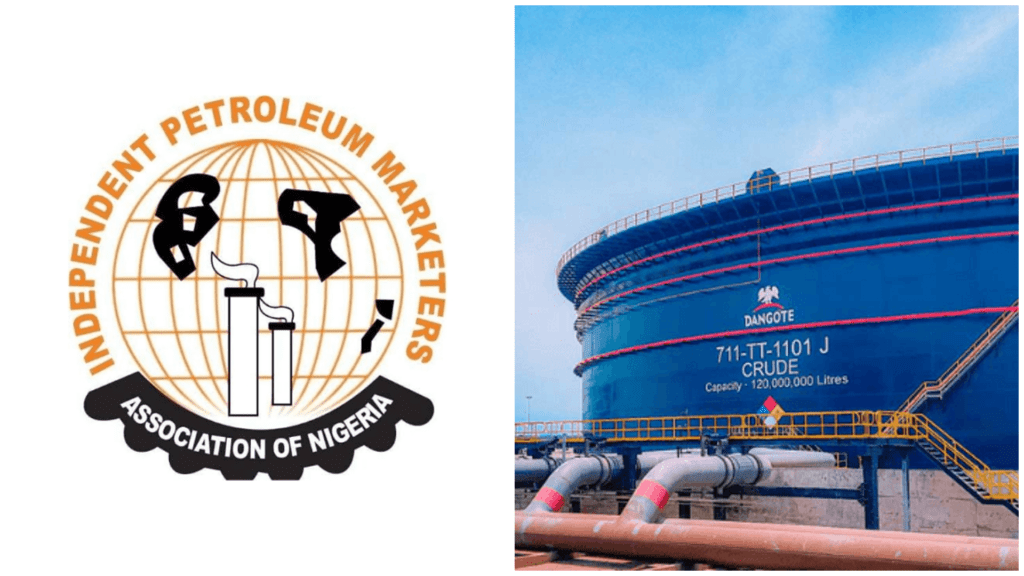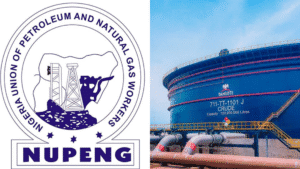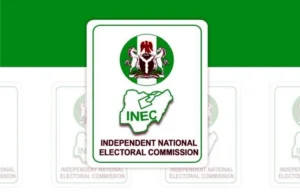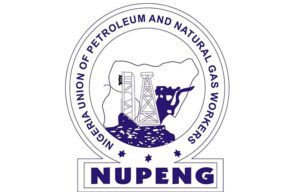Dangote Petroleum Refinery has agreed to supply the Independent Petroleum Marketers Association of Nigeria (IPMAN) with 60 million litres of petrol weekly, translating to 240 million litres monthly. This move aims to streamline fuel distribution and reduce Nigeria’s dependency on imported refined products.
Fuel Supply Deal
Speaking about the agreement, IPMAN’s National Publicity Secretary, Chinedu Ukadike, highlighted that independent marketers, responsible for distributing most of Nigeria’s imported fuel, are set to lift large quantities directly from the refinery.
Ukadike stated, “We are finalizing discussions, and lifting will begin before the end of November. The Dangote Group has assured us that we can commence anytime documentation is completed.”
To enhance efficiency, IPMAN has created a Special Purpose Vehicle (SPV) for seamless offtake and distribution, eliminating intermediaries and reducing transaction risks.
Impact on Petrol Prices
The Petrol Supply collaboration between Dangote Refinery and IPMAN has already led to a N10–N15 reduction in petrol prices in some areas, a sign of increased competition in the deregulated downstream sector.
“Prices have started dropping because independent marketers are buying directly from the producer, bypassing middlemen,” Ukadike noted.
A major oil marketer also confirmed the trend, attributing it to deregulation, stating, “Deregulation and competition are driving prices down. While the current pump price remains over N1,000/litre, reductions are gradually becoming visible.”
Despite the Dangote Refinery’s commencement of petrol sales in September, importation remains significant. Reports show that NNPC Limited and private marketers imported 2.011 billion litres of petrol in just 42 days, worth about N3 trillion ($1.8 billion).
Strengthening Nigeria’s Fuel Security
The Dangote Refinery, a $20 billion facility in Lekki, Lagos, aims to reduce Nigeria’s dependency on imports by refining petroleum products locally. With IPMAN’s direct engagement, the fuel distribution chain is expected to improve significantly.
The partnership reflects a shift toward a more self-sufficient fuel supply system in Nigeria, with the added benefit of moderating prices for consumers.
Stay tuned to 9am News Nigeria for more Breaking News, Business News, Sports updates And Entertainment Gists.
















